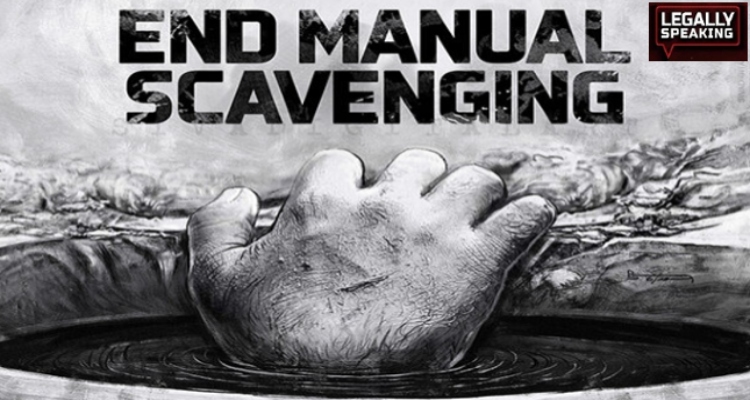
The Delhi High Court on Tuesday sought responses from both the Centre and the Delhi government on a plea challenging the constitutional validity of various provisions within the law permitting manual scavenging.
The petitioner argues that the legislation creates an “unreasonable classification” between those cleaning sewers and septic tanks manually and those doing so while using protective devices, failing to eliminate the “dehumanizing” practice of manual scavenging.
A bench of Acting Chief Justice Manmohan and Justice Manmeet PS Arora issued notice to the Union Ministry of Social Justice and Empowerment and the Delhi government regarding the petition. The court granted eight weeks to the authorities to file their replies and scheduled further hearings for July 4, 2024.
The plea seeks the striking down of several sections of the Prohibition of Employment as Manual Scavengers and their Rehabilitation Act, 2013 and the relevant Rules, asserting violations of constitutional articles including Article 14, Article 17, Article 21, and Article 23. The petitioner, Kallu, a sewer and septic tank cleaner, demands rehabilitation and benefits for families of those involved in manual scavenging activities.
The petition argues that the Act and Rules permit manual scavenging, perpetuating untouchability and compromising dignity. It criticizes the classification based on the use of protective gear, which denies benefits to manual scavengers who use protective devices. Additionally, it challenges the exclusion of daily wage workers and temporary workers from the definition of manual scavenger.
The plea highlights Section 39 of the Manual Scavenging Act, which allows manual scavenging for six months, tarnishing the law’s objective.




